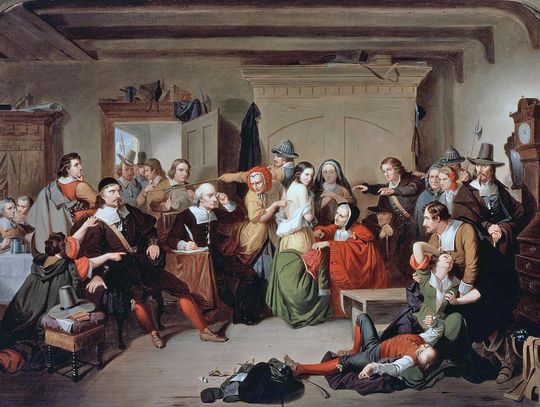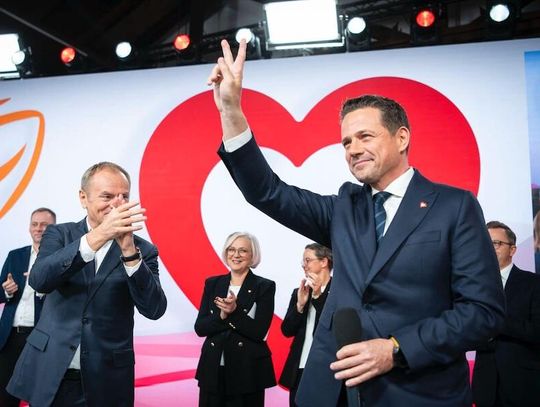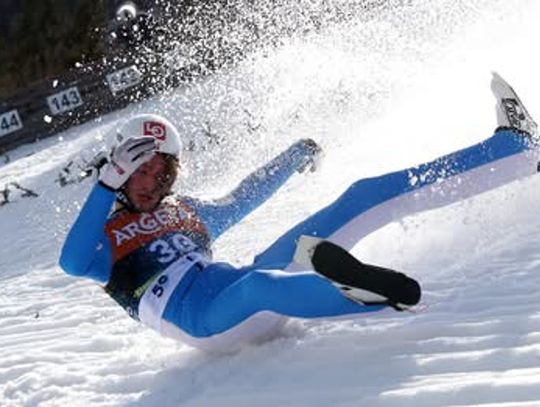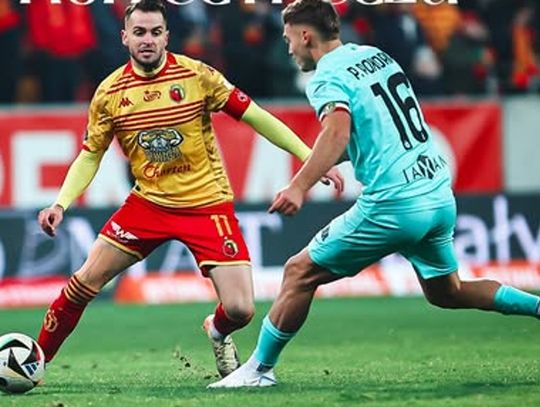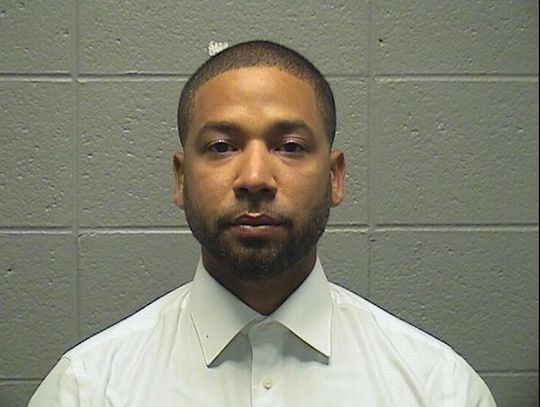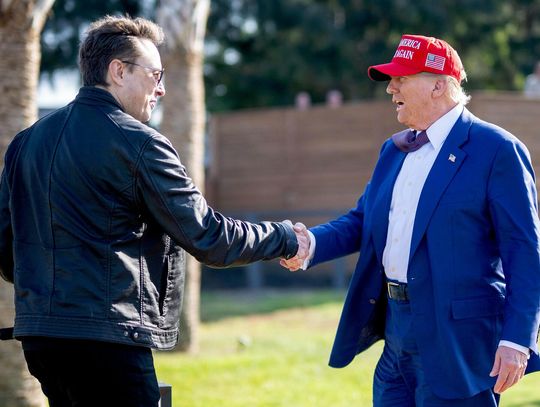President Bronislaw Komorowski, history professors and political writers took part in a debate on the importance of the 1989 Round Table talks for Polish modern history held in the Presidential Palace Thursday to mark the 25th anniversary of the talks.
"When we talk about results achieved through dialogue and compromise, not through revolution, our thoughts turn to Ukraine," Komorowski said. "We see a swelling conflict there that is difficult to resolve but which must be resolved through agreement, or at least through conscious self-limitation of aspirations and by searching for solutions that can save the country and nation from dramatic consequences inherent in a further escalation of the conflict."
"This is how it was also (in Poland) 25 years ago (...)," the president went on. "Both sides, i.e. the then ruling authorities and the Solidarity camp, came to the Round Table because they were extremely tired, exhausted, without chances for winning a quick victory on their own terms." Each side had its own goals and its own understanding of success in the talks, he added.
Komorowski quoted the then Interior Minister Czeslaw Kiszczak, the leading participant in the talks on the government side, who later said that "we certainly did not want to relinquish power. We wanted to include the opposition in governing the country and in this way share the responsibility." The claim that there was a conscious drive to transfer power is a myth, Komorowski stressed.
"In my opinion (the Round Table talks and their results) are rightly described as compromise struck by the elites of the day, i.e. the (communist) power elite and the Solidarity elite," the president noted.
It is hard to imagine the process of Poland's regaining freedom without the Round Table talks, but "in reality the process was decided by the nation in the June 4, 1989 elections," Komorowski said.
Historian Andrzej Paczkowski recalled that the Polish round table initiated a domino effect in other East-Central European countries. "It became a model and next round tables were held later on (elsewhere). It suggested how to find a solution to a conflict, how to overcome a crisis. I think that this model will be appreciated by historians of the 20th and 21st centuries, especially when we consider other models of solving internal conflicts like the Arab spring or even Ukrainian Maidan. It is truly very important to be able to transform an open conflict into an institutional one that is contained in constitutional and parliamentary framework," Paczkowski said.
The debate was held at the historic, giant round table now standing in the presidential palace that had been made especially for the 1989 negotiators.
PM Donald Tusk, in Moldova on Thursday, also marked the anniversary by saying he would like all Poles to appreciate its importance. The 1989 Round Table talks helped Poland build democracy without bloodshed and violence, Tusk declared.
Asked about the chances for a similar dialogue to take place in Ukraine at present, Tusk said that a clear lesson from the Polish experience was that even when a political conflict seemed hard to resolve "dialogue and talks are always better than violence." (PAP)




